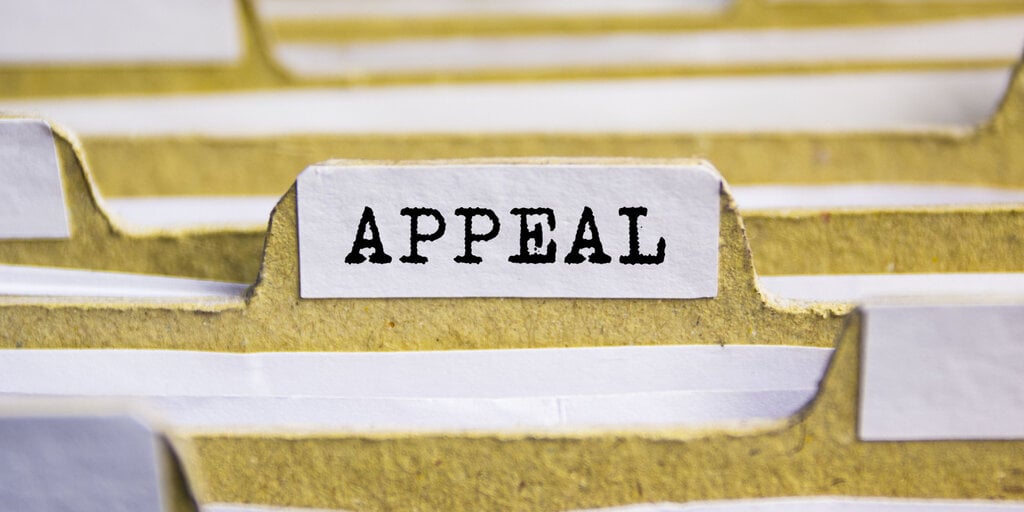Huddled with Sam Bankman-Fried’s lawyers and prosecutors last week, U.S. District Judge Lewis Kaplan gave the FTX founder’s defense a simple reminder just outside the jury’s earshot.
“The goal here is not to set a record for the longest trial,” he said. “It’s to have the fairest trial.”
After just a few days, Judge Kaplan had honed in on the defense’s use of the clock. In court, it’s been a point of contention that Bankman-Fried’s counsel has used its cross-examination of the DOJ’s witnesses to spend hours confirming facts and details of their testimony.
Several times, Judge Kaplan has said aloud that it isn’t an appropriate use of the court’s time. Bankman-Fried’s trial is expected to last about six weeks. But there’s a lot to cover, and the schedule’s density has already caused at least one juror to nod off in court.
“That’s a telling detail,” Kevin J. O’Brien, a former assistant U.S. attorney and partner at Ford O’Brien Landy LLP told Decrypt. “The concern that the government must have is that those sorts of incidents are going to increase as the trial goes on.”
Cross-examination gives Bankman-Fried’s attorneys the opportunity to point out weaknesses in witnesses’ testimony as the government presents its case. However, Kaplan has said on multiple occasions that Bankman-Fried’s lawyers are straying into a superfluous summary.
“The purpose of cross-examination is not to repeat the direct,” Kaplan told Christian Everdell, one of the Cohen & Gresser attorneys representing Bankman-Fried. “Let’s get on with it.”
Faced with the possibility of decades behind bars, Bankman-Fried is fighting seven fraud and conspiracy charges that stem from his time as CEO of FTX and dozens of affiliated companies. Among alleged misdeeds, the former crypto mogul is accused of pilfering billions worth of FTX customer funds through his trading firm, Alameda Research, and misleading investors in FTX.
Daniel C. Silva, a former assistant U.S. attorney and shareholder at Buchalter, suggested Kaplan’s patience could be wearing thin based on the judge’s remarks. Silva noted that aside from fairness, Kaplan’s job is to ensure that Bankman-Fried’s trial is as efficient as possible.
“You have to use your cross-examination time effectively,” Silva said, adding that Kaplan is “not going to allow [the defense] to waste the jury’s time by going over the same thing and just asking the witness to answer the same questions.”
As far as a potential strategy goes, Silva suggested that Bankman-Fried’s lawyers could be trying to set the stage for a potential appeal—in the event their client is found guilty. Poring over simple details, he said, is consistent with their “requests for more information, more time, and a more productive opportunity to confer with their client.”
“One of the things [the defense] may be doing is suggesting, ‘This thing moved at light-speed and we were not given a full opportunity to prepare for trial,’” Silva said. “‘We need to ensure that we fully understand what every witness is saying because we didn’t have an adequate opportunity to prepare […] an adequate defense as required by the U.S. Constitution.’”
As Everdell peppered FTX co-founder and former CTO Gary Wang with questions during cross-examination on Friday, Bankman-Fried’s lawyer asked at one point, “So, your role was focused on [FTX’s] code and the code base, right?”
“It’s been answered, but let’s stop that, please,” Kaplan said, cutting off Everdell a second time after the question was reframed—before an objection could be raised. “What part of ‘let’s stop that’ was obscure?”
Asking witnesses questions during cross-examination is an incredibly difficult area for Bankman-Fried’s lawyers to “score points” with the jury, according to Silva. He said a common approach defense attorneys employ is “death by 1,000 cuts,” which feels far from pointed.
Then again, Silva said that Kaplan will reign Bankman-Fried’s lawyers in if he doesn’t feel like the jury’s time and attention is being used to make effective points. And on Thursday, Kaplan had called attention to the repetition shortly before the court was adjourned for the day.
“I think I’ve sufficiently made my point about cutting out repetition, and I’m sure that the jury will appreciate everything you can accomplish on that,” he said. “I think they were finding some of it pretty rugged.”
Prosecutors recognized on Friday that the case’s progression has been slower than expected. Assistant United States Attorney Nicolas Roos told Kaplan toward the day’s end, “We’re a little behind where we were hoping to be at the end of the week.”
While the government initially signaled that two witnesses—BlockFi CEO Zac Prince and Pinecone VP of Product Elan Dekel—could’ve taken the stand after Wang, prosecutors said that former Alameda CEO Caroline Ellison will be called upon on next, instead.
Ellison, who once dated Bankman-Fried and has pleaded guilty to crimes associated with Alameda and FTX, is anticipated to be a key witness against him. According to O’Brien, the government’s change represents an apparent effort to streamline a case that’s dragged on early.
“They’re trying to take advantage of their momentum, while testimonies are still fresh in the memory of the jurors,” he said. “They’ll go for the heart and really try to make hay out of the case early.”


